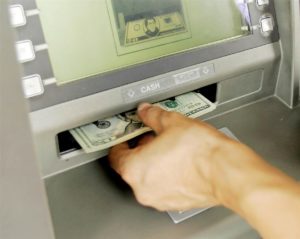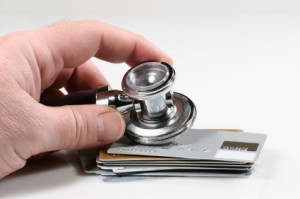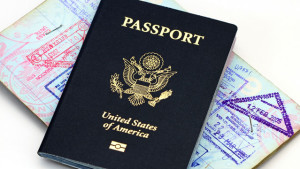 Today’s top story: How to get cash from your life insurance policy. Also in the news: How to manage your credit score during a crisis, how to tell if your financial advisor is really helping you, and how much a credit card cash advance will really cost you.
Today’s top story: How to get cash from your life insurance policy. Also in the news: How to manage your credit score during a crisis, how to tell if your financial advisor is really helping you, and how much a credit card cash advance will really cost you.
How to Get Cash From Your Life Insurance Policy
Four ways to tap into your policy.
How to Manage Your Credit Score During a Crisis
Strategic choices.
Crisis Test: Is Your Financial Advisor Really Helping You?
Are your best interests being put first?
Here’s What a Credit Card Cash Advance Will Really Cost You
Check that APR.
 Today’s top story: Global Entry travelers now have an 18-month renewal grace period. Also in the news: College students can get more aid during the Coronavirus crisis, 4 ways to travel cheaply during an economic downturn, and choose a student loan repayment program with this calculator.
Today’s top story: Global Entry travelers now have an 18-month renewal grace period. Also in the news: College students can get more aid during the Coronavirus crisis, 4 ways to travel cheaply during an economic downturn, and choose a student loan repayment program with this calculator. Today’s top story: What to do if you can’t pay for insurance due to Coronavirus. Also in the news: 3 effective ways to get airlines and hotels to bend their rules, a new episode of the SmartMoney podcast on spring cleaning your finances, and what the CARES Act means for public service student loan forgiveness.
Today’s top story: What to do if you can’t pay for insurance due to Coronavirus. Also in the news: 3 effective ways to get airlines and hotels to bend their rules, a new episode of the SmartMoney podcast on spring cleaning your finances, and what the CARES Act means for public service student loan forgiveness. Today’s top story: What to know before accepting COVID-19 credit card relief. Also in the news: You can now get free weekly credit reports, how to get money to family and friends in a crisis, and what your small business should do with its Paycheck Protection Program loan.
Today’s top story: What to know before accepting COVID-19 credit card relief. Also in the news: You can now get free weekly credit reports, how to get money to family and friends in a crisis, and what your small business should do with its Paycheck Protection Program loan. Today’s top story: Cancel your travel credit card due to Coronavirus? Ask for a retention offer first. Also in the news: What to do when a family member or friend needs money, and before opening a new credit line, check for this restriction.
Today’s top story: Cancel your travel credit card due to Coronavirus? Ask for a retention offer first. Also in the news: What to do when a family member or friend needs money, and before opening a new credit line, check for this restriction. Today’s top story: Where Coronavirus relief checks go, fraudsters follow. Also in the news: What to do if you’re a U.S. citizen stranded abroad right now, how to strengthen your financial resilience with these 3 insights, and why you should keep paying your federal student loans right now, if you can.
Today’s top story: Where Coronavirus relief checks go, fraudsters follow. Also in the news: What to do if you’re a U.S. citizen stranded abroad right now, how to strengthen your financial resilience with these 3 insights, and why you should keep paying your federal student loans right now, if you can.